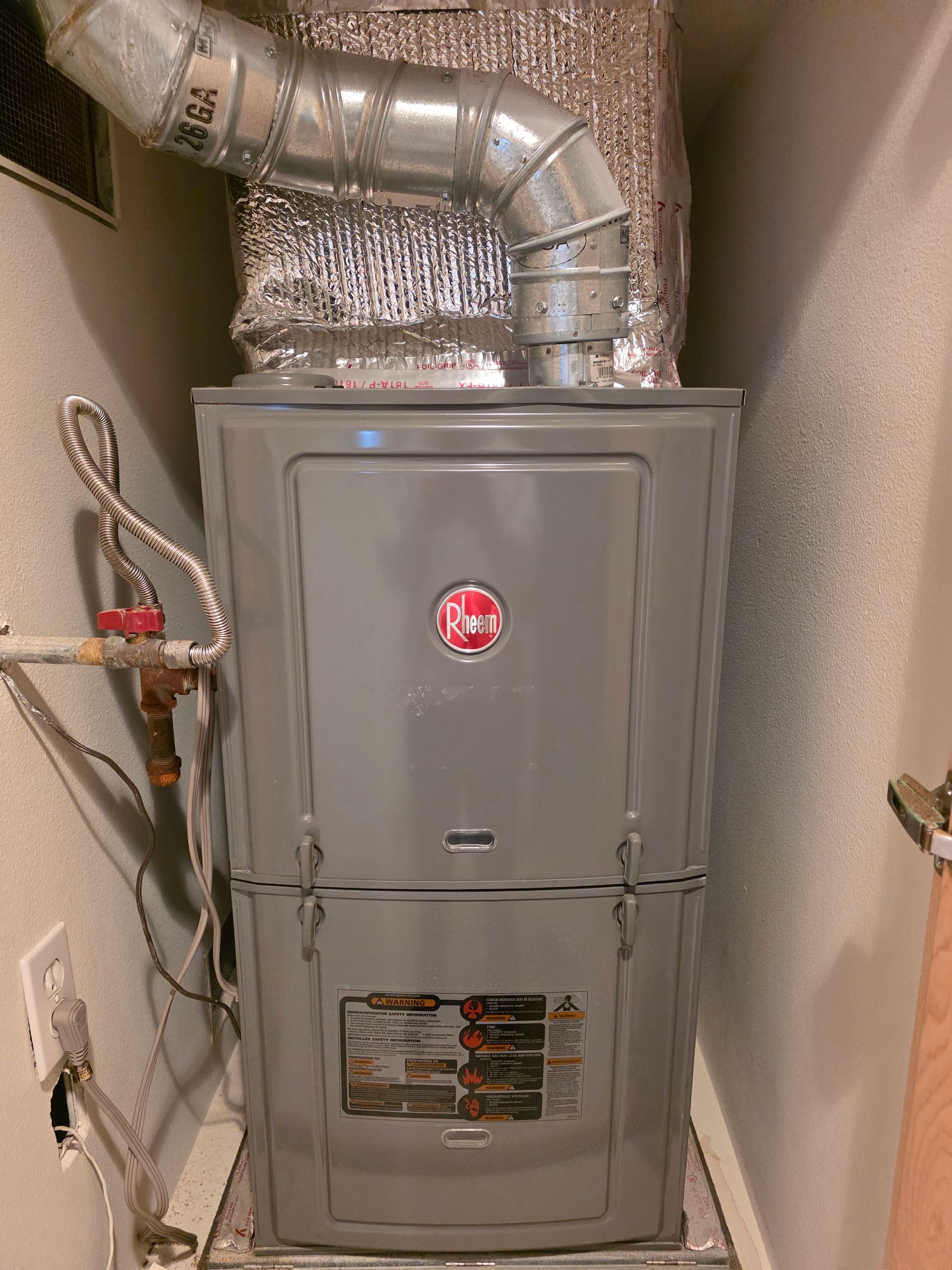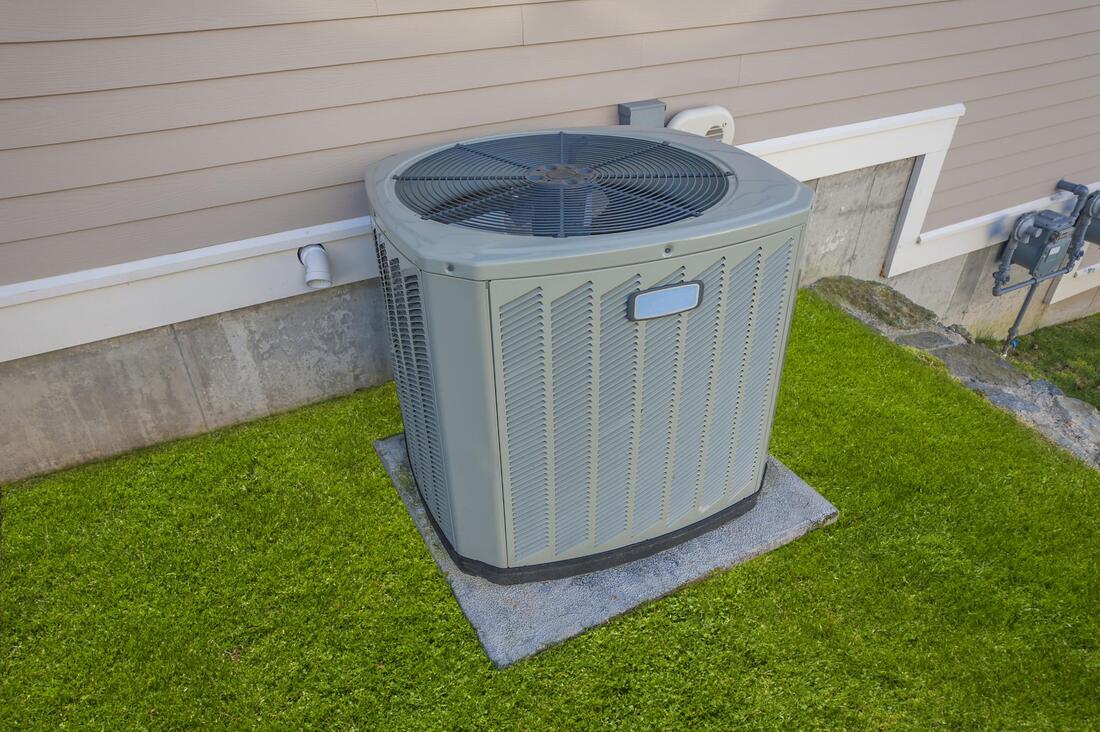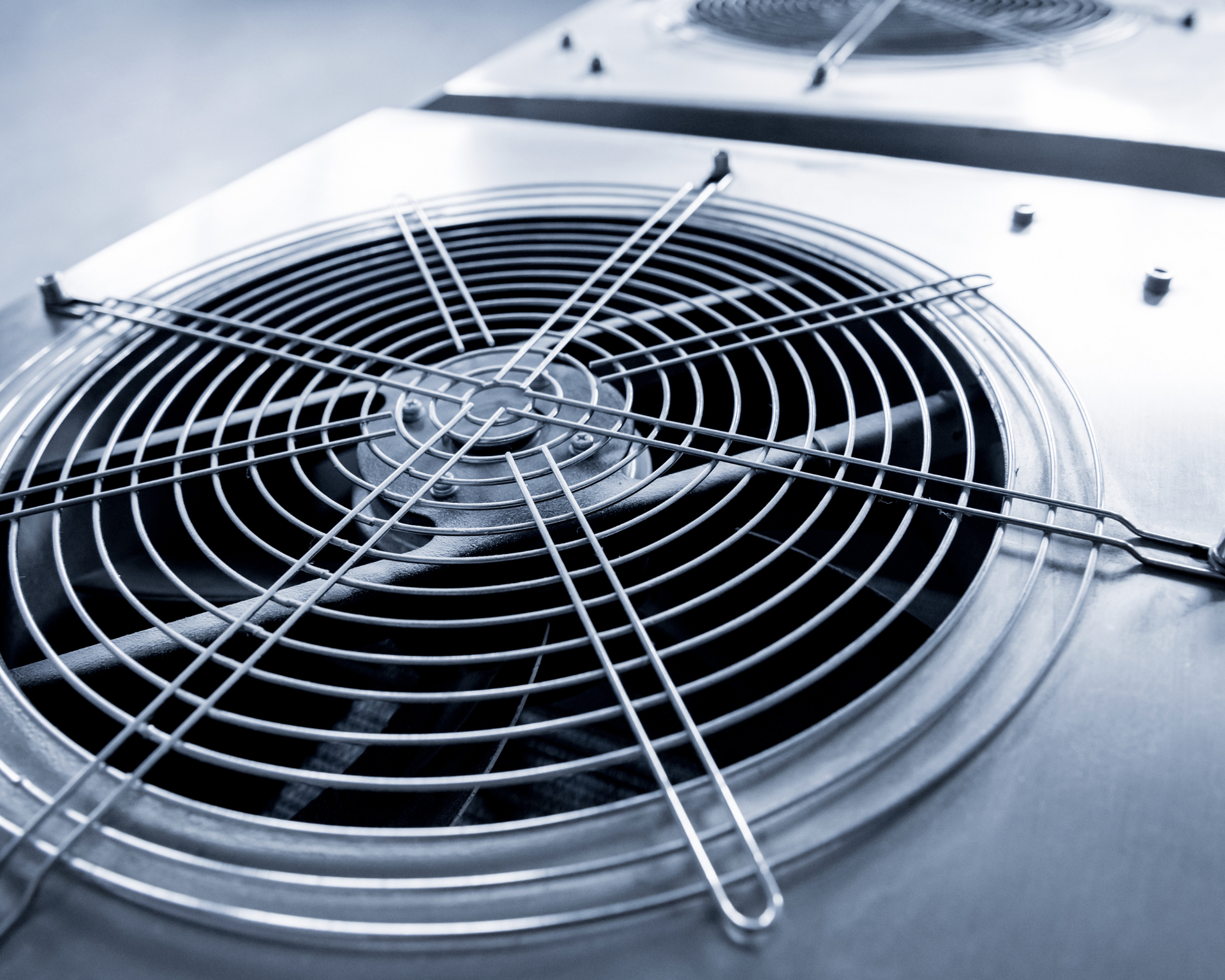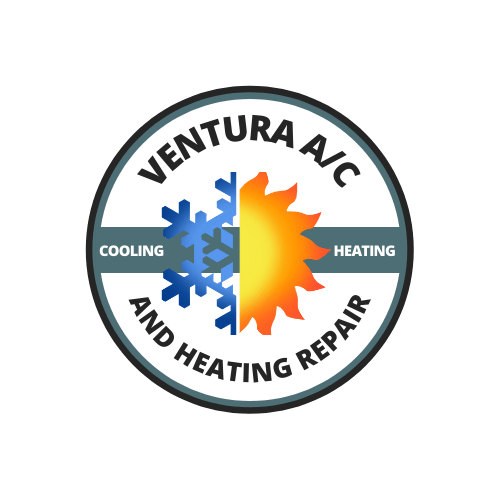Summertime Steps to Help Maintain Your Air Conditioning System
August 3, 2025
Things You Can Do It Keep Your AC Running This Summer
Here are some of the most effective steps homeowners can take to support their air conditioning system and maintain a comfortable home during the summer months:
- Regular AC Maintenance: Schedule professional check-ups and tune-ups before the heat of summer. This ensures the unit runs efficiently and identifies potential issues early, preventing costly repairs and extending its lifespan.
- Maintain Airflow Throughout the System: The system need airflow at all times to work properly. Its need to breathe. Clogged filters restrict airflow, forcing your AC to work harder and less efficiently. Replace or clean reusable filters every 1 to 3 months, or more often if you have pets. Ductwork also needs to be checked. Make sure they are clean, open, and available to deliver air. Outside, the condenser needs to brethe as well. Make sure bushes and grass are trimmed back from the unit. Remove any debris up against the condenser -- even kids’ bikes. You want to maintain at least 2 feet of clearance on all sides of the condenser unit.
- Check that all drains are open, free and clear of any obstructions: To maintain a properly functioning air conditioning drainage system, regular cleaning and maintenance are crucial. This involves flushing the drain line with vinegar or a specialized cleaner, and potentially vacuuming the line and cleaning the drain pan to prevent clogs and algae growth.
- Don't ignore humidity -- This is especially true in our coastal areas of Ventura County. The same thermostat temperature will feel warmer if there is elevated humidity. You can grow mold mildew, etc. if humidity is too high in your home, office or HVAC system.
- Optimize Thermostat Settings:
- Raise the thermostat when you're away: Turning off the AC entirely can lead to extreme temperature swings, requiring the system to work harder when you return. Raising the temperature slightly (e.g., 5-8 degrees) when you're gone can help save energy and avoid overworking the system.
- Use a programmable or smart thermostat: This allows you to set specific temperature schedules to match your daily routine, ensuring comfort when you're home and energy savings when you're away.
- Avoid setting the thermostat excessively low: Setting it too low won't cool your home faster and will increase energy consumption.
- Aim for a comfortable yet efficient temperature: Consider setting it around 78 degrees Fahrenheit when you're home.
- Seal Air Leaks: Inspect and seal any gaps or cracks around windows, doors, and other openings to prevent cool air from escaping and warm air from entering. This can be done with weatherstripping and caulk.
- Utilize Window Coverings: Close blinds, curtains, or shades during the day, especially on windows exposed to direct sunlight. This blocks out heat, reducing the AC's workload. Blackout curtains can be particularly effective in this regard.
- Use Ceiling and Portable Fans: Fans create a wind chill effect, making you feel cooler even at a slightly higher thermostat setting. Remember to turn off ceiling fans when you leave a room, as they cool people, not spaces.
- Limit Heat-Generating Activities: Minimize the use of heat-producing appliances like ovens, stoves, dryers, and dishwashers during the hottest parts of the day. Consider grilling outdoors or running these appliances in the evenings or early mornings.
- Ensure Vents and Ductwork are Clear: Ensure all vents are open and unblocked by furniture or rugs to allow for proper airflow. Consider having your ductwork professionally inspected and cleaned, as clogs and leaks can hinder efficiency.\
- Improve Insulation: Adequate insulation helps keep cool air inside your home. Consider adding or upgrading insulation, especially in the attic and walls, to improve efficiency and comfort.
- Avoid Bandaid Repairs:
-- Don’t fall for or engage in any sort of short term fixes if you only treat symptoms of bigger problems. Short term fixes can become expensive If you skimp of maintenance and repairs. If your capacitor fails, you are probably seeing the result of bigger issues, which as the system cycling too quickly Might need to proactively do upgrades such as surge protection.
By implementing these tips, homeowners can maximize their AC's performance, reduce energy consumption, and enjoy a more comfortable and energy-efficient summer.




